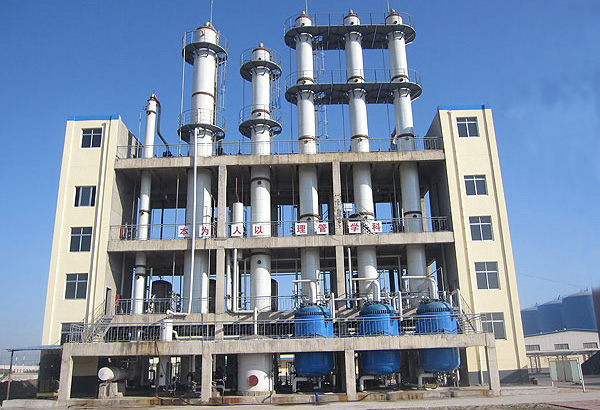Ethyl acetate is commonly used as a solvent in various industries including pharmaceuticals, food and beverage, and paints and coatings. Many people wonder if ethyl acetate can be stored in plastic containers.
The answer is not a straightforward yes or no as it depends on several factors such as the type of plastic, the concentration of ethyl acetate, the temperature of storage, and the duration of storage.
Firstly, it is important to note that not all plastics are created equal. Different plastic materials have varying levels of resistance to solvents like ethyl acetate. Some common types of plastics include polyethylene (PE), polypropylene (PP), polystyrene (PS), and polyvinyl chloride (PVC).
PE, which is often found in grocery or garbage bags, is considered the least resistant to ethyl acetate. PP, commonly used in reusable containers and plastic bottles, is more resistant but may still be prone to decomposition if exposed to high concentrations of ethyl acetate for prolonged periods. PS, commonly used in disposable cups and food packaging, is moderately resistant, while PVC, commonly used in pipes and vinyl flooring, is considered highly resistant.
Secondly, the concentration of ethyl acetate is another important factor to consider. At low concentrations, ethyl acetate may be stored in some plastic containers without reacting or degrading the container material. However, at higher concentrations, it is more likely to damage or weaken the container, risking leakage or contamination.
The temperature of storage also plays a role. When stored at room temperature, ethyl acetate generally doesn't pose a significant risk to plastic containers, especially if the concentration is low. However, at high temperatures, the risk of degradation increases, especially for less-resistant plastics like PE.
Lastly, the duration of storage should also be considered. When stored for a short period, ethyl acetate may not have much of an effect on plastic containers. However, prolonged exposure to ethyl acetate could lead to significant damage and compromise the integrity of the container.

Ethyl Acetate Plant
Given these factors, it is generally recommended to store ethyl acetate in glass or metal containers to ensure maximum safety and stability. Glass and metal containers are not susceptible to chemical reactions with ethyl acetate, making them an ideal choice for long-term storage.
However, if plastic containers are to be used, it is important to choose a plastic that is resistant to ethyl acetate and ensure that the concentration of the solvent is within the acceptable range. It is also important to store the containers in a cool, dry place, away from direct sunlight and heat.
In summary, whether ethyl acetate can be stored in plastic depends on the type of plastic, concentration of the solvent, temperature of storage, and duration of storage. While some plastics are more resistant than others, it is generally recommended to use glass or metal containers for long-term storage of ethyl acetate to minimize the risk of container damage and solvent contamination.
Sanli Fengxiang is a technology company specializing in EPC general contracting services and chemical plant import and export services, If you want to know more information about ethyl acetate, please contact us. We will provide professional answers.
















